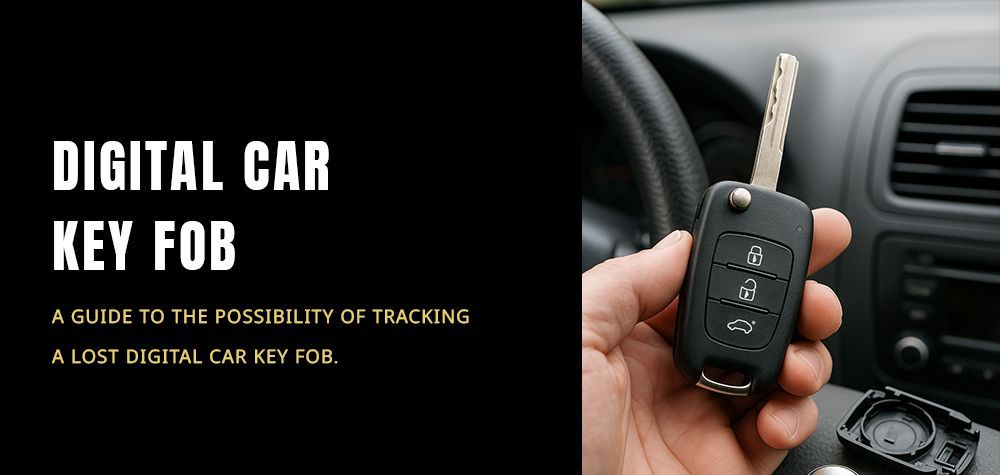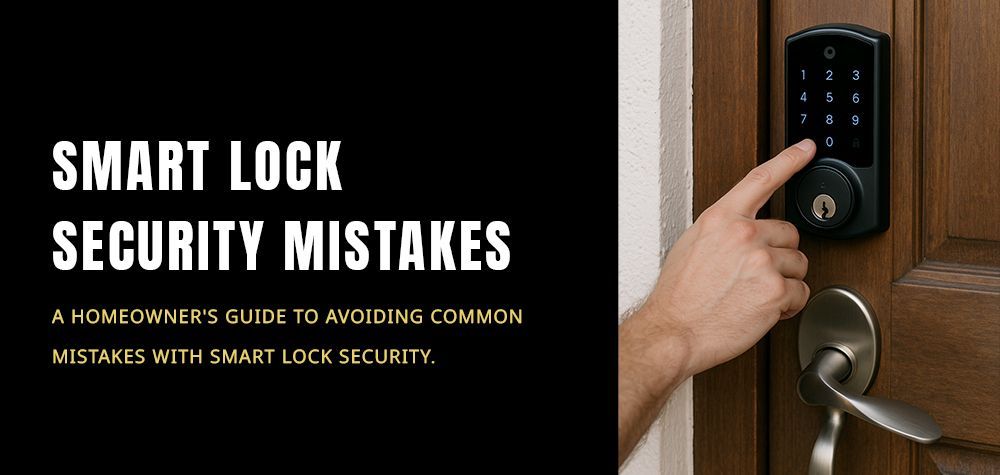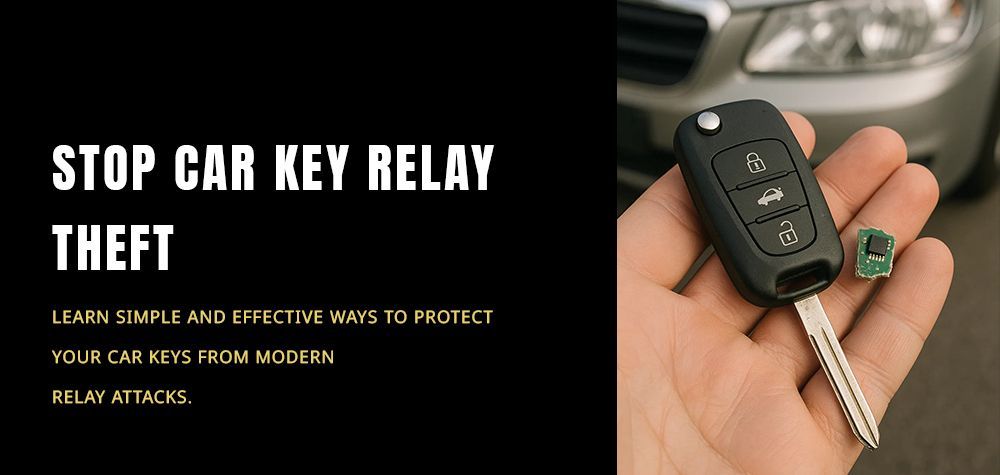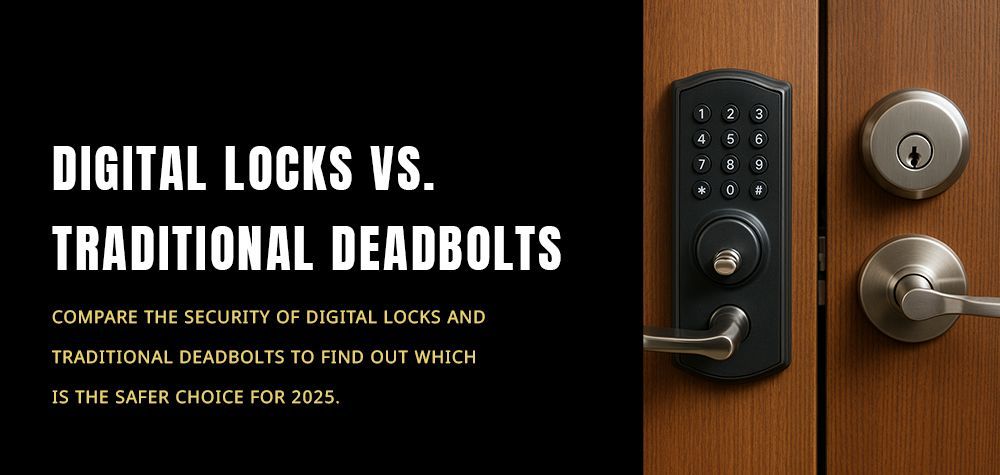Signs That Tells Lock Needs maintenance
Locks play a crucial role in safeguarding our homes, businesses, and property by preventing unauthorized entry and theft. With such an important function, we must keep our locks happy because, as with any mechanical device, locks are subject to wear and tear over time and may need maintenance. And that’s where regular lock maintenance comes in.
But you need to know what to look for, so we’ve made this article to delve into the signs that show your locks require maintenance, the advantages of routine lock maintenance (because there’s more aside from the obvious), and methods for maintaining your locks. By the conclusion of this article, you will have a better understanding of the significance of lock maintenance and the measures you can adopt to make sure your locks remain in optimal condition.
Signs That Your Locks Need Maintenance
Here are some indicators that suggest your lock may require maintenance:
1. The key is stiff
If you are struggling to turn the key or feel resistance or stiffness, it could be a sign that your lock requires maintenance. A lock that feels this way may have sustained mechanical wear or damage (or maybe there’s a piece of gum in it. Kids love doing that).
2. The key breaks in the lock
When your key snaps or bends while turning, gets stuck or jammed in the lock, there’s no other way to take care of it than to service the lock. Attempting to DIY a solution key by yourself may lead to further damage and cost you more. Instead, call a trustworthy locksmith near you to take care of it. If the lock is too old and damaged, it might need to be replaced entirely.
3. Loose or wobbly lock
A lock that jiggles or moves when the key is turned, appears visibly loose, or is not firmly attached to the door may indicate wear or damage to the lock’s internal components. It could also be a sign of an attempted break-in.
4. Unusual sounds from the lock
Grinding, scraping, or squeaking noises when turning the key, or rattling or shaking sounds when the lock is touched or moved, may suggest wear or damage to the lock’s internal components.
5. Difficulty in inserting the key into the lock
If your key does not fit easily into the lock or requires jiggling or maneuvering to insert, it may be a sign that the lock’s internal components are misaligned or worn out. It could also be that the key is damaged, and forcing it in every time is doing the same to the lock.
To ensure that your locks continue to work correctly and provide the necessary security, it is vital to have them maintained regularly. If you are experiencing any of these signs, you should have your locks serviced by a professional locksmith agency like Brothers Locksmith to prevent any further damage and ensure that your property remains secure.
With regular lock maintenance, you can stave off the necessity of such a call for a long time after you install the lock.
Advantages of Regular Lock Maintenance
Maintaining locks is crucial for ensuring that your property and belongings remain secure from theft and unwanted entry. Regular lock maintenance offers several benefits that are essential to keeping your locks in good condition. Here are some of them:
1. Longer Lock Lifespan
Routine lock maintenance can help prolong the lifespan of your locks. Regular cleaning and lubrication can prevent wear and tear, ensuring that the internal components continue to function with minimum friction.
2. Improved Security
Regular lock maintenance can enhance the security of your property by ensuring that the locks operate correctly. Malfunctioning locks can make your property more vulnerable to break-ins. By maintaining your locks, you can make sure thieves and robbers have to work for their daily bread.
3. Cost Savings
Neglecting your locks will cause them to deteriorate faster, leading to expensive repairs or replacements. Regular maintenance can prevent these issues and save you money in the long term.
4. Easy-to-Use Locks
Over time, locks can become challenging to turn or even stick in the locked position. Regular maintenance can prevent these problems and ensure that your locks continue to function smoothly.
5. Early Detection of Problems
Regular lock maintenance can help you identify any potential problems before they become major issues. A locksmith can inspect your locks and detect any potential issues before they cause a lockout or complete lock failure.
You can consult with a professional locksmith to develop a maintenance schedule that suits your needs and ensures the security of your property.
How to Maintain Your Locks
Unless the lock is electronic (and perhaps even then), most forms of maintenance are things you can do by yourself. Here are some helpful tips on how to maintain your locks:
1. Regular cleaning
Regularly cleaning your locks can prevent the accumulation of dirt and dust that can cause them to malfunction or become challenging to turn. To do this, use a soft brush and mild cleaner to remove any debris from your locks.
2. Lubrication
Applying a small amount of lubricant to your locks can help ensure that they function smoothly. Coat the key in some lubricant, insert it into the lock, and turn it several times to distribute the lubricant.
3. Check your keys
Worn or damaged keys can cause your locks to malfunction. Regularly inspect your keys for any signs of wear and tear, and replace them as necessary.
4. Inspection
Regularly inspecting your locks for signs of damage or wear is essential. If you notice any issues some lubricant or polish can’t solve, contact a professional locksmith to repair or replace the lock.
5. Professional assistance
Hiring a professional locksmith to maintain your locks can ensure that they function correctly and provide the necessary security. A locksmith can inspect your locks, identify potential problems, and provide the necessary repairs or replacements.
For this purpose, you’ll want to go with an honest locksmith agency, and there’s none better in Arizona than Brothers Locksmith. We’ve spent more than 30 years proving ourselves. We’re not about to throw that reputation down the drain.
Conclusion
Locks are a crucial aspect of safeguarding any property. Maintaining your locks regularly is essential to ensure that they operate properly, prevent costly repairs or replacements, and offer the necessary security for your property. By comprehending the warning signs indicating that your locks need maintenance, the benefits of regular maintenance, and the ways to maintain locks, you can guarantee that your property remains secure.
Remember to frequently clean and lubricate your locks, check your keys for wear and tear, and inspect your locks for any damage or wear. If any issues arise, seek assistance from a professional locksmith to fix or replace your locks.
Call Us Any Time!








